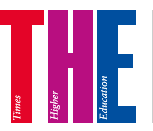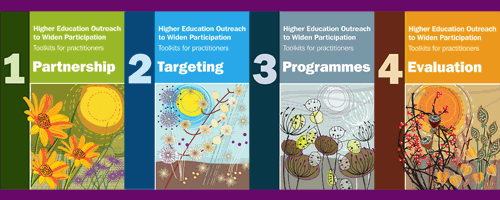The field of higher education research has developed as an eclectic mix of theories and concepts brought in from the home disciplines of its researchers, typically psychology, sociology and philosophy. Consequently, those new to the literature can find it difficult to determine what is central and what is peripheral to the field. A recentRead more
787,205 higher education qualifications were awarded by UK higher education institutions (HEIs) in 2011/12. Approximately half of these qualifications were first degrees, one third were postgraduate qualifications and one sixth were other undergraduate qualifications (such as foundation degrees, credits and diplomas of higher education). 39% of all qualifications were awarded in science subjects, althoughRead more
In the second article in this series surveying research evidence regarding teaching and learning, and this time under the headline “Teaching intelligence: contact hours and student engagement”, Graham Gibbs provides us with another thoughtful and insightful piece in this week’s Times Higher Education. Again, plenty of food for thought, cause for reflection, etc., and an invitation for us to consider ourRead more
In a bid to ensure its graduates are job ready, Keele University has recently introduced a ‘development strand’ to complement the academic curriculum. Facilitatated by a review of degree structures at the institution, the ‘development strand’ encourages students to reflect on their personal learning and evidence their development throughout their studies. Rather than a set of aspirational graduate attributesRead more
What do we mean by the term ‘Student Engagement’? How do we measure it? How should be enable it? These are issues reflected on in a recent paper from Australia (Baron and Corbin, 2012). The authors report that student engagement is high on the priorities of some institutions because of a perception, particularly amongst academicRead more
Under the headline “Teaching intelligence: it is possible to avoid the negative mass effects”, and despite the ascerbic comments from some of its readers, Graham Gibbs provides an interesting and timely perspective in this week’s Times Higher Education on teaching large groups. The first in a series of articles regarding teaching and learning, these pieces should at least provide us allRead more
Under the headline “Teaching intelligence: it is possible to avoid the negative mass effects”, and despite the ascerbic comments from some of its readers, Graham Gibbs provides an interesting and timely perspective in this week’s Times Higher Education on teaching large groups. The first in a series of articles regarding teaching and learning, these pieces should at least provide us allRead more
Commissioned by the Higher Education Funding Council for England (HEFCE), the Higher Education Academy (HEA) recently published four toolkits which, according to Alan Langlands (HEFCE Chief Executive), offer “practical guidance for those working in higher education outreach and widening participation”. Available through the HEA’s website at Higher education outreach to widen participation: toolkits for practitioners, these toolkitsRead more
What abilities do we want our students to be able to take away with them on graduation? Knowledge and expertise of their discipline area is one, but there is also a growing emphasis on the skills and attributes that will prepare them for work and life. In the UK, David Willetts, the Minister forRead more
In the 2002 film Minority Report biometric identity tests, in the form of retina scanning techniques, are commonplace as a means of personal identification. Biometric tests may have once been the work of science fiction, but they are now a feature of international border control and, it would appear, entering the lecture theatre. Students at NewcastleRead more


